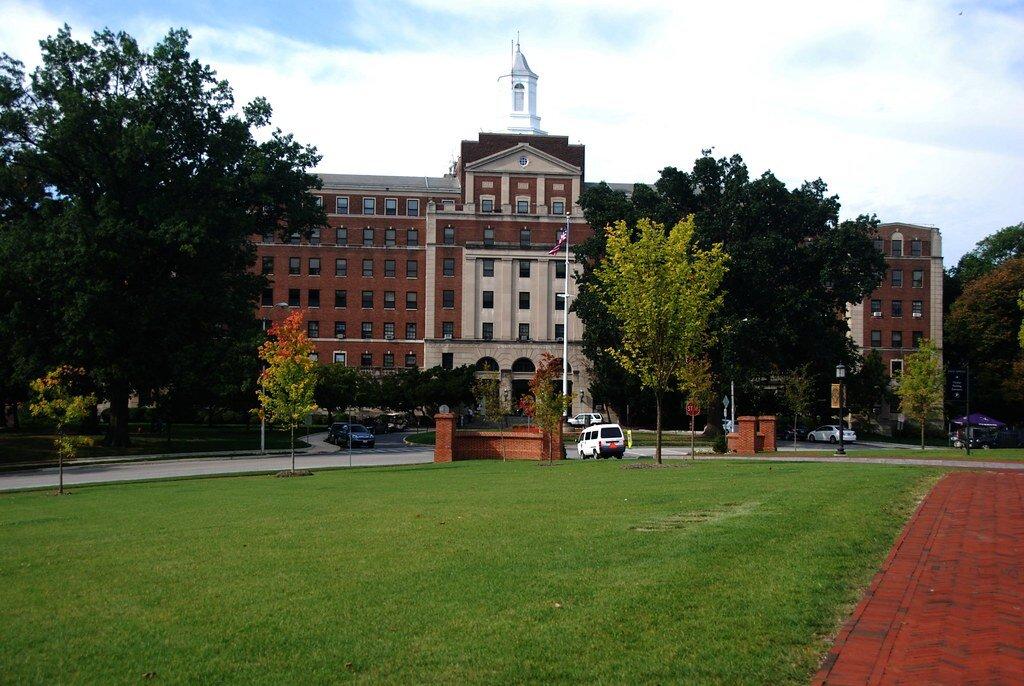The private research university in Baltimore, John Hopkins University, recently elected to eliminate admissions based on legacy preference as of 2014 to allow a more fair selection process to all students.
John Hopkins parted ways with a popular college admission method that allowed relatives of alumni to enroll with priority over other students. The change is meant to give talented students an equal chance at being selected to attend the prestigious school.
The Washington Post reported that there have been no major outcries or steep declines in alumni giving as a result of the news, and John Hopkins benefited from an increase in achievement. 10 years ago, when John Hopkins University President Ronald J. Daniels began his career at the university, he said, “I never became reconciled to the prevalence of this form of hereditary privilege in American higher education, particularly given this country’s deeply ingrained commitment to the ideals of merit and equal opportunity.”
According to President Daniels, he found that one in eight newly admitted students benefited from preferences given to relatives of alumni. The university’s president was a former dean of the Faculty of Law at the University of Toronto, the most selective law school in Canada, who began his passionate quest for equal education there. Daniels rejected alumni preference from many alumni before he decided to relocate to the east coast of the United States.
As of 2018-2019, JHU has an acceptance rate of approximately 11% of student applications. In comparison, top Ivy League schools like Cornell University and others have a rate of 14% or lower.
Harvard University has the lowest acceptance among the rest of the ivy league, at a daunting 5.6%. The only school with a lower admission rate is Stanford University, at 5% as of 2018-2019.
With that in perspective, of the students that attend the stratified universities, roughly 14% are those with relatives with the same alma mater, according to National Public Radio. Nationwide, the class of 2021 had a 16.5% legacy population across universities.
The Harvard Crimson reports that Harvard alone, in 2014, admitted that legacy students were five times as likely to get accepted over the mass non-legacy applicants. According to The Washington Post, 75% of the top 100 American universities use legacy preference when looking at the applications.
Chris Peterson, the assistant director at Massachusetts Institute of Technology (M.I.T.), on why the prestigious school had never taken legacy admissions said, “I personally would not work for a college which had legacy admission,” wrote Chris Peterson, “because I am not interested in simply reproducing a multigenerational lineage of educated elite. And if anyone in our office ever advocated for a mediocre applicant on the basis of their ‘excellent pedigree’ they would be kicked out of the committee room. So to be clear: if you got into M.I.T., it’s because you got into M.I.T. Simple as that.”



































